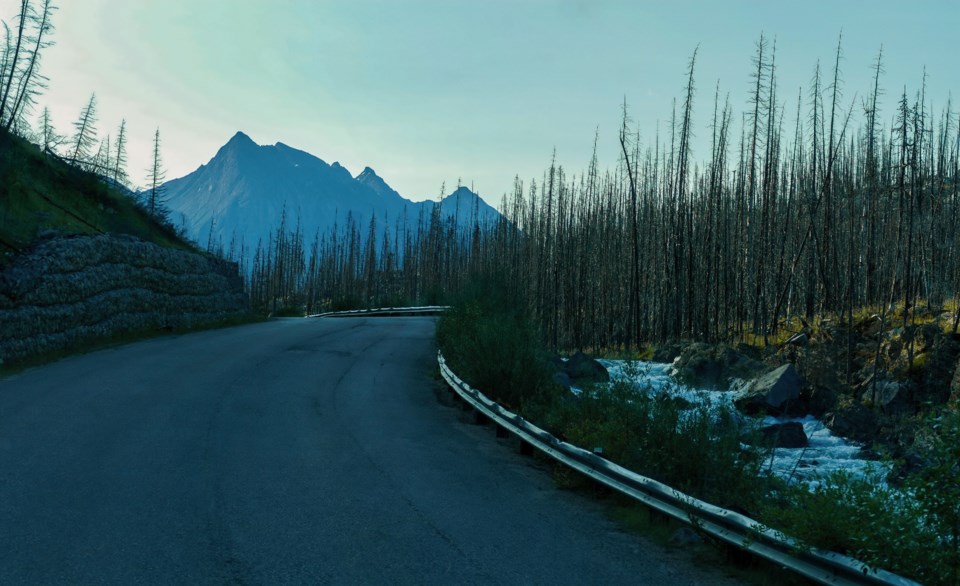While recent rain might help the short-term wildfire outlook, a Kamloops-based wildfire expert says it may not have much of an impact in the longer term.
Mike Flannigan, a Thompson Rivers University wildfire expert and B.C. research chair, said the recent precipitation allows crews to focus on existing fires, but it may only take a week for conditions to dry out again — priming the region for wildfire activity.
“So the short-term, obviously there's not new fires starting, or if they're starting they're not doing anything in this wet weather. And it allows crews an opportunity to work on existing fires,” said Flannigan.
“By this weekend, the heat's back and then a few days to dry things out, and then we're ready to burn and perhaps burn intensely if the conditions are right.”
Flannigan said the long-term forecast for wildfire activity will depend on how many ignitions and how much hot, dry and windy weather the region gets.
“If we get lots of bolts then we're in trouble,” he said.
"On those days that are hot, dry and windy — those are the critical days, and that's when we don't want ignitions at all."
Flannigan said it won't take long for conditions to become dangerous once the rain stops falling.
“It's almost like the forest has no memory, beyond maybe a week,” he said.
“In terms of supporting high intensity fire, I always used to say, give me a week of hot, dry, windy weather and I can give you a raging inferno. And I think that still holds true.”
Flannigan said an El Nino warming pattern has officially arrived, which he said could “possibly” contribute to drier and hotter conditions that favour wildfire activity later in the season.
“It may impact, especially as we move towards the end of our fire season like later August into September," he said.
"And perhaps like last year, our fire season could go late into October again, because it favours warm, dry weather."
Flannigan said the most significant impact from El Nino will probably be a warmer winter.




